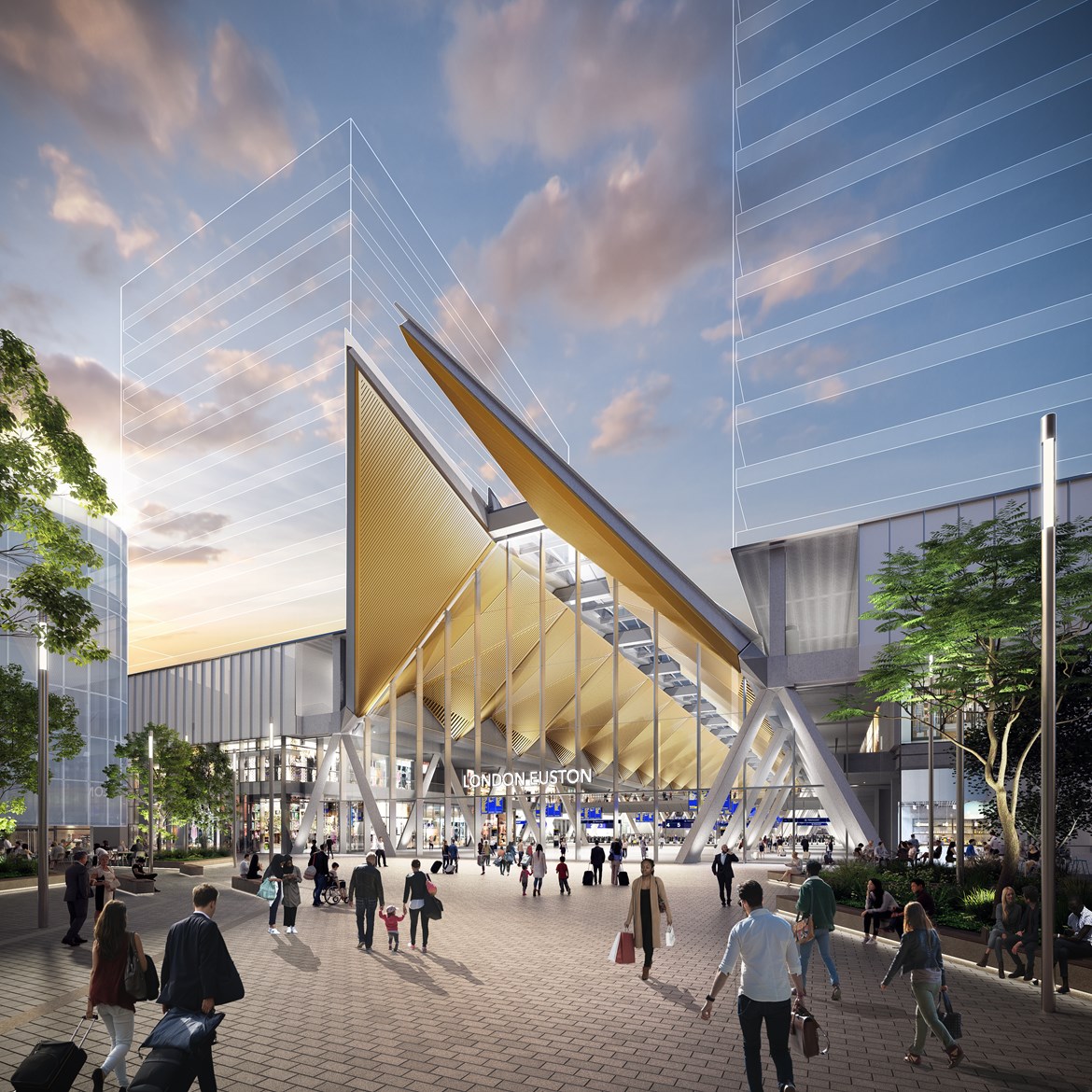HS2: Artificial Intelligence and driverless car technology deployed to develop stations of the future

In a UK-first, an SME graduate of HS2’s Innovation Accelerator programme is harnessing the power of Artificial Intelligence (AI) and laser-based LiDAR sensors developed by the automotive industry to help design a stress-free passenger experience of the future.
The collaborative project, led by high-tech SME, OpenSpace Group Ltd, is part of HS2 Ltd’s Innovation programme and brings together the company delivering Britain’s new high speed rail network with Network Rail; intercity train operator, Avanti West Coast; and the University of Birmingham.
Called ‘Future Stations Living Lab’, it is the first time a train operator has come together with infrastructure providers and academia to put the passenger at the heart of design through digital twin technology.
In a radical break from the past, the six month proof-of-concept project will use LiDAR technology to digitise passenger flow data and inform the design of future HS2 stations, delivering an improved, low-stress customer experience.
Traditionally stations have been designed, built and run in a way that focused on smooth running of trains for the benefit of passengers. Future Stations Living Lab will put passengers at the heart of design by creating a real-time replica of the existing Euston station in London.
Central to the project is the combination of computer vision systems with cutting-edge LiDAR sensors that will capture highly accurate people movement data at Euston’s forecourt, concourse and ticket gates.
Developed by the auto industry to guide driverless cars, just one LiDAR sensor has the potential to collect movements across the station’s large forecourt and concourse areas.
The anonymous data will be overlaid on a virtual replica of Euston station and used to generate gaming-derived simulations of how people use various key station locations and “what-if” scenarios. The unprecedented granularity of the data will provide new insights into how people interact with the station, which will enable new opportunities for designing passenger-centric stations of the future
The data will also help Network Rail and Avanti West Coast to develop both the customer experience and safety procedures of the existing mainline station.
Commenting, HS2 Innovation manager, Heather Donald said:
“Future Stations Living Lab is doubly innovative because it draws on both Artificial Intelligence and Virtual Reality technologies as well as know-how from the automotive and video gaming industries, and is rail’s first inter-sector collaboration.
“Using digital data from a live mainline station it will establish, for the first time, information to aid future design and operations.”
OpenSpace Group Ltd Founder and CEO, Nicolas Le Glatin, said:
“This innovative collaboration will help forge a new chapter in station design and operations, fusing an array of emerging digital twin technologies for the benefit of customer experience.”
The Future Stations Living Lab proof-of-concept project is due to conclude in Autumn 2022.
